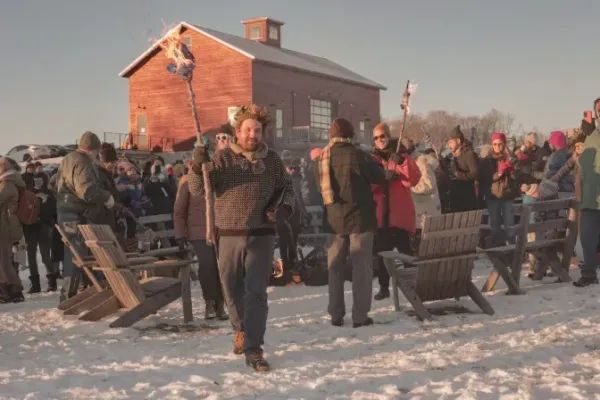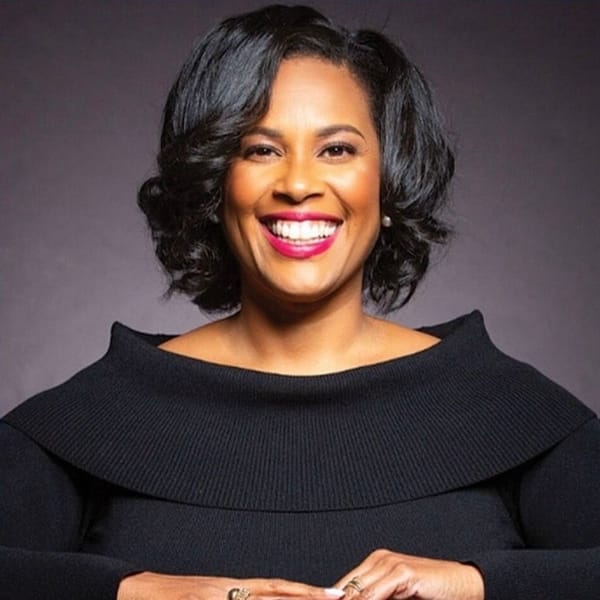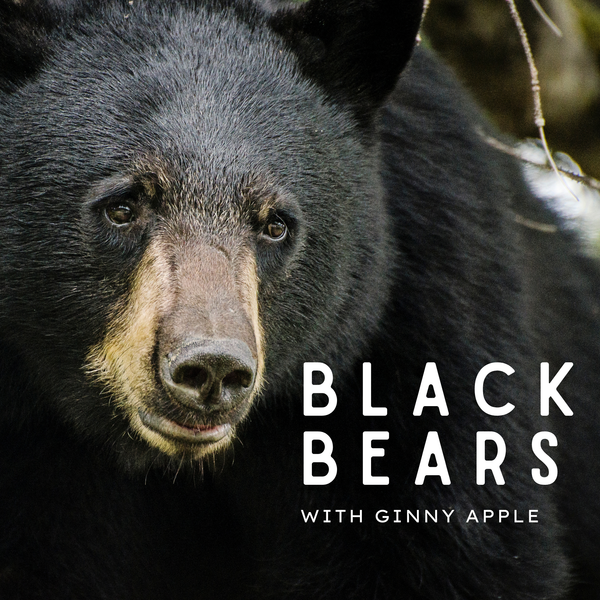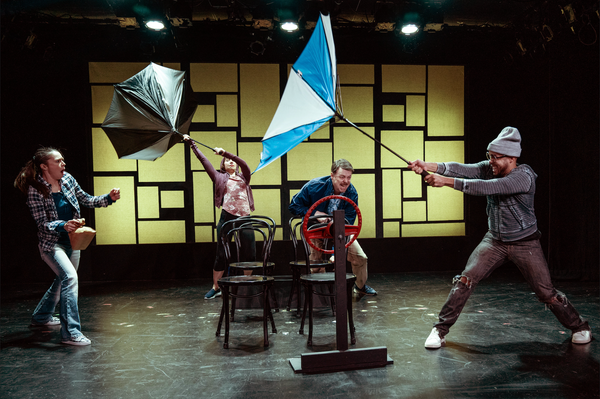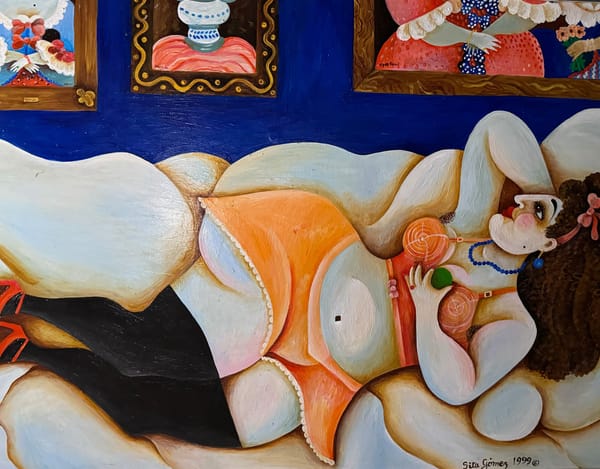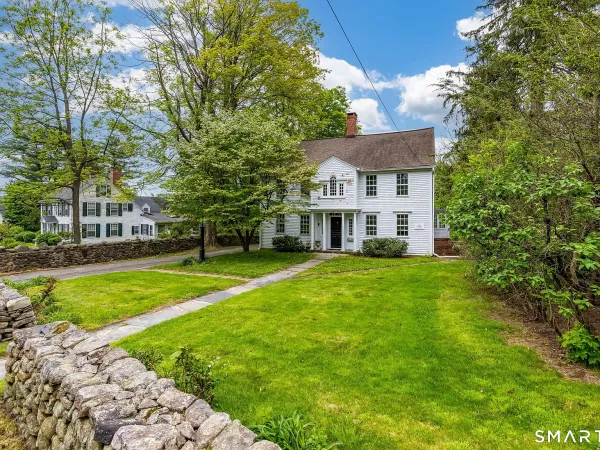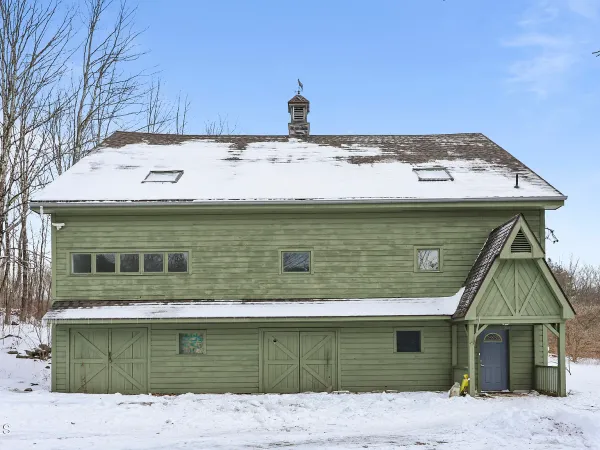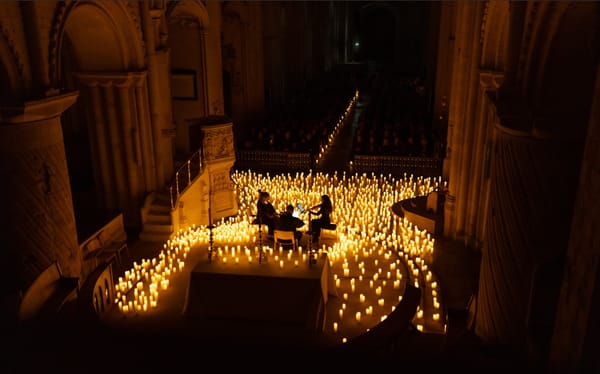The Rural We: Keren Weiner
The professional genealogist helps people discover the history of their ancestors.

The professional genealogist helps people discover the history of their ancestors.
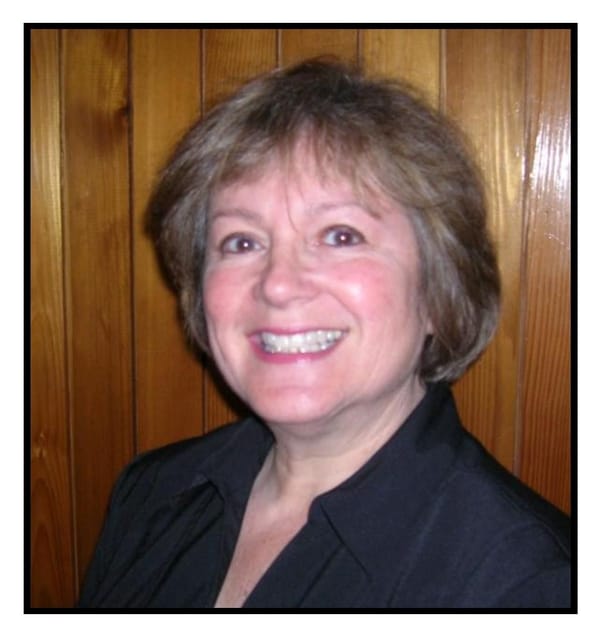
If you’re curious about your ancestry but don’t have the wherewithal to do the research yourself, you only have to contact Keren Weiner Genealogy. Weiner has been involved in researching family history and conducting individual genealogy research projects for 16 years. Originally from Des Moines, she taught at Drake University. and received her graduate degree in counseling from Southern Illinois University. She also worked in the corporate arena in Minneaplis, and moved to the Berkshires in 1991, working for nonprofits. She had genealogy in her genes, she says, and got started in her business by helping her friends research their ancestry.
My parents were very curious about our family history and gave me a sense of history and the idea of continuity of generation to generation. My sister, Miriam Weiner, is considered a trailblazer in the field, a leading authority on archival resources. She did our family’s history.
The minute I started doing research for my friends, I was hooked. It was impossible not to do it. I had to build my own professional plan. The field of genealogy is vibrantly alive and changing every day. There are continual discoveries of collections that are provided to major genealogy websites all the time. Part of the job of a genealogist is to keep up with news in the field. I’ve been all over the country for conferences.
When people first come to me, I let them talk about what they envision. They’re already interested in the mystery of their ancestry. People say they want to find out the family stories, the challenges and triumphs their family members went through. So, the research isn’t to get just names and dates. It’s to provide a profile of who their ancestors were, and to dig deep enough to make them come to life.
I often get the question, how far back can you go? My answer is: that’s not the right question. It’s how far across on the tree can you go? When you attempt to go back vertically, you get stuck somewhere along the line. To get the rich elements that create a narrative, you have to go to extended family, like second and third cousins, and ask for their help. It’s the living relatives who get us that generation back.
Everything is not out there on the internet. Some historical societies and collections aren’t electronically archived. I regularly use the National Archives, and I work with them through postal mail. They produce the most amazing material. I’ve solved mysteries every year through them. Right now I’m preparing a package to go the State Department for a passport file. So getting off the internet is key to producing a well-researched family history. With that said, I couldn’t do without it.
Many genealogists just produce the tree, but I can’t stop there. When I present to a client, it’s the tree but also photos, images, notations about historical events to that locality — a biographical and visual expose on family members.
There’s something very Sherlock Holmes about doing the research, and it’s delicious. You’re going around collecting clues. There’s time travel involved: we’re able to leave the life we’re leading and go on a travel to a different time. The finished history is like a movie you can read.
